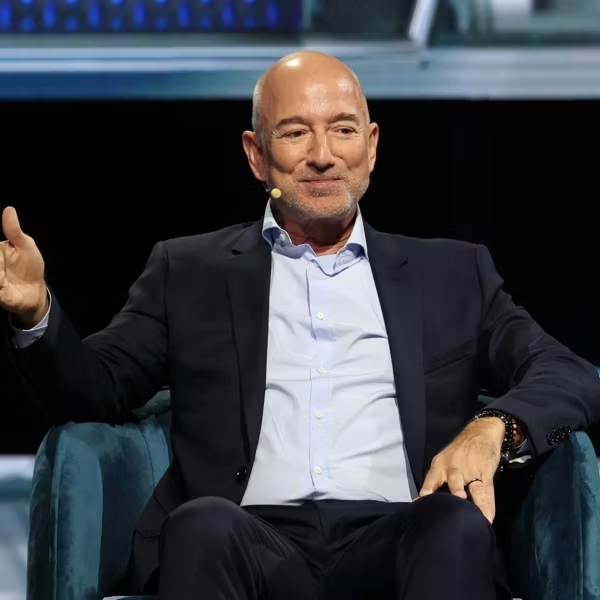An analysis published Thursday shows that the 100 leading U.S. corporations with the lowest median worker pay poured more than half a trillion dollars into stock buybacks over the past five years, further enriching wealthy executives and shareholders while ordinary employees struggled to make ends meet.
The Institute for Policy Studies (IPS), a progressive think tank that has been tracking executive compensation and stock buyback trends for decades, found in its 30th annual "Executive Excess"
report that the 100 S&P 500 companies that pay their median workers the least spent $522 billion on share repurchases between 2019 and 2023.
That list of corporations, which IPS dubs the Low-Wage 100, includes Lowe's, Home Depot, and Walmart. Lowe's "led the Low-Wage 100 share buyback charge," IPS found, spending $42.6 billion—an amount "large enough to have given each of the firm's 285,000 global employees an annual $29,865 bonus for five years."
Home Depot's buyback spree was slightly smaller than Lowe's at $37.2 billion between 2019 and 2023.
The low-wage companies' runaway spending on stock buybacks—which serve to artificially inflate stock prices, thereby
pumping up executive pay packages—far outweighed their spending on employee retirement plans, IPS observed.
"The 20 largest U.S. employers in the Low-Wage 100 have spent—over the last five years—nine times as much on stock buybacks as on employee retirement plan contributions," IPS found.
"At a time when our country is deeply divided on so many issues, Americans have enormous common ground on the problems of extreme CEO-worker pay gaps."
The new IPS report also surveys the chief executive pay packages at the Low-Wage 100, showing that the companies on average paid their CEOs 538 times more than their median employees. The average CEO of a Low-Wage 100 company received $14.7 million in total compensation in 2023, according to IPS, while the median workers at those corporations received an average of $34,522 for the year.
"Ross Stores shows both the lowest median worker wage and the widest pay gap," IPS found. "In 2023, Ross CEO Barbara Rentler hauled in $18.1 million, 2,100 times as much as the $8,618 pay that went to her firm's median-compensated employee, a part-time store associate."
The new analysis was released amid growing national outrage over exorbitant CEO pay and stock buybacks, which have
surged since former President Donald Trump signed into law massive corporate tax cuts in 2017.
Shawn Fain, president of the United Auto Workers, said during his
prime-time speech at the Democratic National Convention earlier this month that "corporate greed turns blue-collar blood, sweat, and tears into Wall Street stock buybacks and CEO jackpots."
"It hurts workers. It hurts consumers. It hurts America," said Fain.
Sarah Anderson, director of the IPS Global Economy Project and author of the new report,
said Thursday that "at a time when our country is deeply divided on so many issues, Americans have enormous common ground on the problems of extreme CEO-worker pay gaps."
"Poll after poll shows that Americans across the political spectrum are fed up with overpaid CEOs and want lawmakers to take action," said Anderson, whose report points to a
survey from June showing that 83% of Americans believe it's important for companies to prevent large pay gaps between their chief executives and typical employees.
To rein in out-of-control executive pay and buybacks, IPS urged federal policymakers to consider a range of legislative solutions, including
higher taxes for companies with huge CEO-worker pay gaps and wielding federal contracts as leverage to crack down on share repurchases.
"What gets ordinary Americans particularly angry?" the report asks. "Watching major companies hand out massive CEO paychecks while their lower-level employees are struggling to get by."




